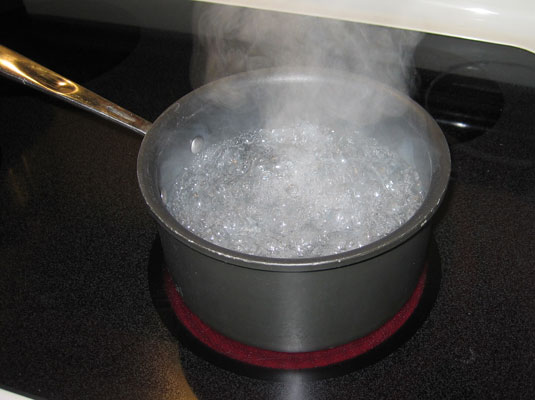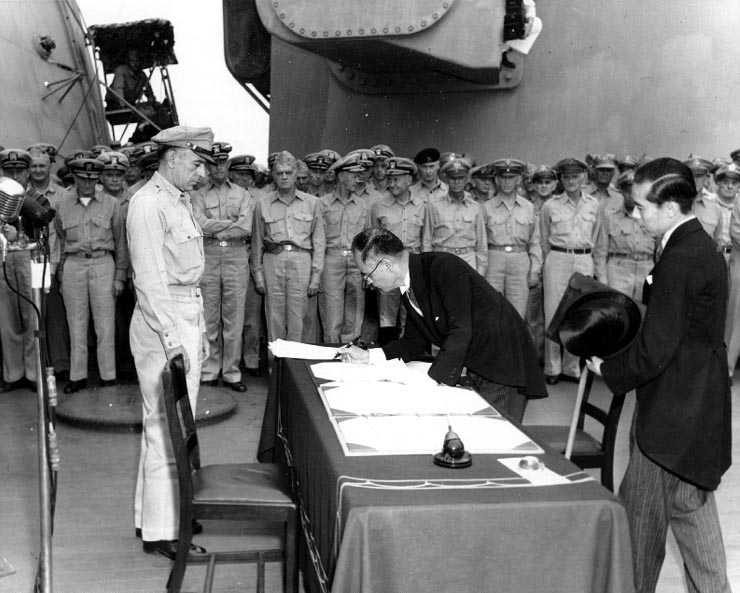Conditionals
Educall Language Academy
There are basically four types of conditional sentences :
1. Zero Conditional
2. Type 1
3. Type 2
4. Type 3
In these types of sentences, we have two clauses: The IF clause (condition), and the main clause (consequence). -
ZERO CONDITIONAL: When something is a fact, or always true. “ If “ in this type of sentences is like “ when “.

If you boil water, it vaporizes. (When you boil water, it vaporizes.)
- If you don’t eat for a long time, you become / feel hungry.
- Go to bed early if you have an exam tomorrow.
- If you have a headache, you can take an aspirin. (You can take an aspirin if / when you have a headache.)
- If the alarm goes off, this means that there is a fire somewhere in the building.
STRUCTURE: IF + Present Simple , Present Simple / A Modal / An Imperative.
CONDITIONAL TYPE 1: In this type of sentences the condition is in the present, and the consequence or result is in the future. And IF and WHEN mean different things; IF shows possibility / probability (You may or may not do something), whereas WHEN shows more certainty.

It it rains this afternoon, your garden party is ruined.
- If you make a mistake, someone will let you know. (You may or may not make a mistake - if you make one, someone will let you know.)
- When you make a mistake, someone will let you know. (You’re probably going to make a mistake, I’m almost sure of that.)
- If he asks my opinion, I will tell him what I think. (He may or may not ask me - if he does, I will tell him about my opinion.)
- When he asks my opinion, I will tell him what I think. (He’s probably going to ask my opinion.)
- If it rains this afternoon, we will not go out and play soccer. (It may or may not rain.)
- If it rains this afternoon, come over to my place.
- If it rains this afternoon, we can/could/should/may/might find somewhere to stay in.
- If it rains this afternoon, then yesterday’s weather forecast was wrong.
- If we want to succeed, we need / have to try harder.
STRUCTURE: IF + Present Simple , Future Tense (Will/Going To) / Present Simple / A Modal / An Imperative / A Past Deduction, etc.
CONDITIONAL TYPE 2 : This type of sentences are imaginary, hypothetical, or speculative; they are about unreal situations or actions, and they refer to the present or future.

I wouldn’t go to that club if I were you / If I were you, I wouldn’t go to that club.
(“ was “ is possible too, but “ were “ is more grammatical / correct.)
- If I had more free time, I would begin to learn another language. (I don’t have enough free time.)
- If he could speak Spanish, he would have better job opportunities. (He can’t speak Spanish.)
- If she didn’t have to work tomorrow, she’d go to the party with you. (She has to work tomorrow.)
- They would have a better life if they were in Germany. (They’re not in Germany.)
- What would you do if you won the lottery ? (Not impossible, but very unlikely.)
- If she liked you, she would be nicer to you. (She doesn’t like you.)
- If I knew where they’d gone, I would be able to help you. (I don’t know where they’ve gone, so I can’t help you.)
- The police would have to arrest him if he told them the truth.
STRUCTURE: IF + Past Simple , A Past Modal (would / could / might).
CONDITIONAL TYPE 3: This structure is used to refer to hypothetical or counterfactual situations in the past and sometimes expresses regret.

If the USA hadn’t dropped the atomic bombs, Japan wouldn’t have surrendered. (The USA dropped the bombs and Japan surrendered.)
- If you had called me, I would have come. (You didn’t call me.)
- They could have helped us if we had asked. (We didn’t ask.)
STRUCTURE: IF + Past Perfect , A Modal Perfect (would / should / could / might have done).
Sometimes, a mixed conditional structure is also possible and can be seen or heard :

If you had done your job properly, we wouldn’t be in this mess now. (You didn’t do your job properly, and as a result, we’re in this mess.)